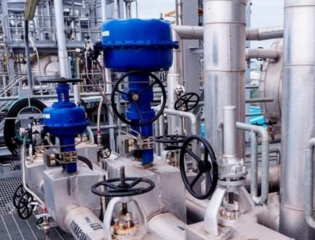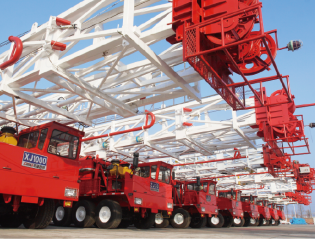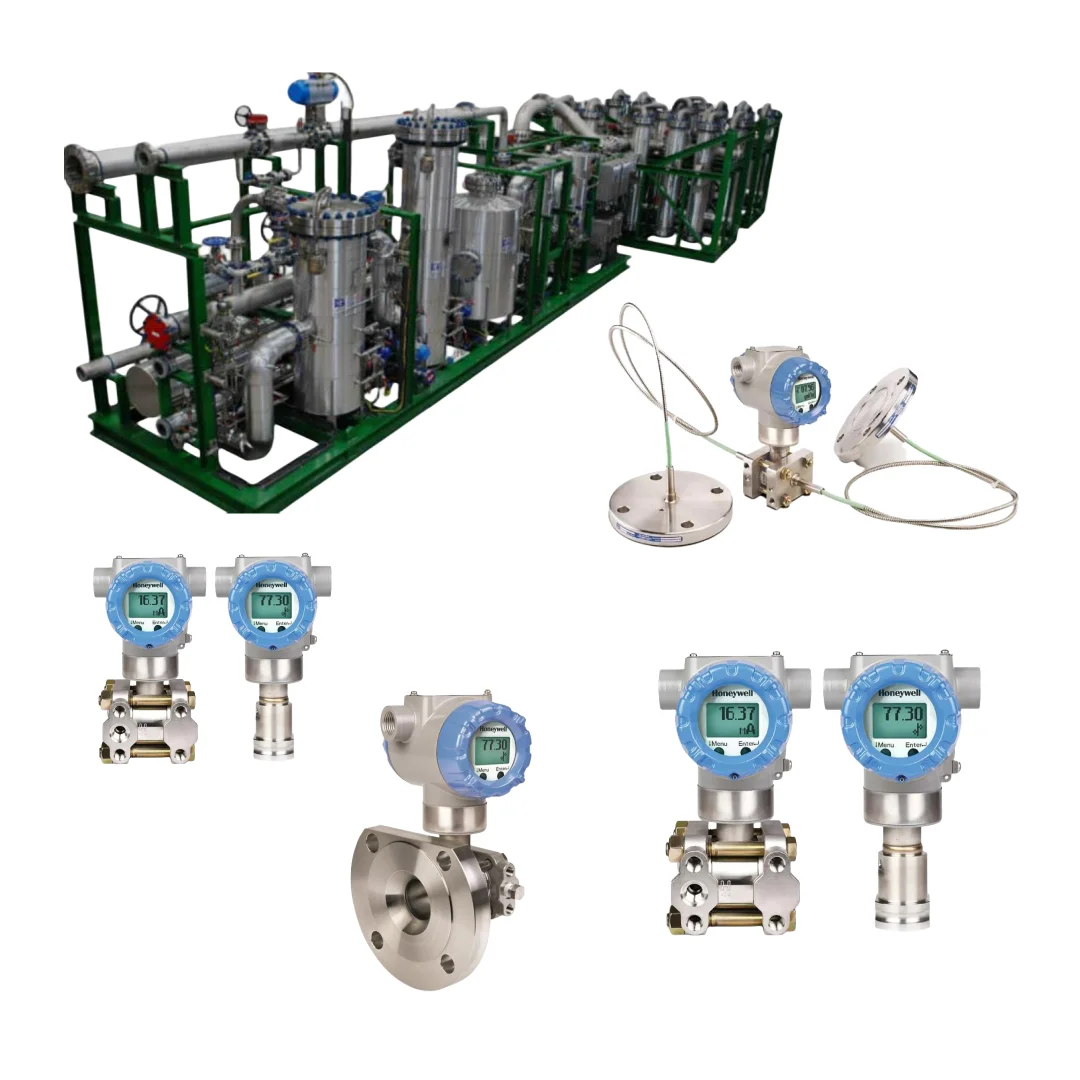Therefore, CNG (Compressed Natural Gas) compressors are shaping the future of a clean and friendly planet. CNG compressors have become crucial technology within countries and various industries seeking to lower their carbon emissions as they look for alternatives to fossil fuels. As an element of this conversation, we will draw focus on 5 notable advantages offered by CNG compressors contributing to environment preservation without human made activities at least cost along with safer operations and atomization coupled with the applications in an array comprising different realms.
Environmental advantages of CNG compressors
The environmental message behind CNG compressors is primarily the promotion of cleaner fuel. Comparatively, natural gas is relatively low in greenhouse gases and pollutants when compressed versus gasoline or diesel. Reduction in emissions results making them environmentally friendly fuel with low carbon foot print compared to diesel and gasoline-powered vehicles or industries, which use CNG. Also, as natural gas is plentiful in many countries and energy security concerns become a priority it could be widely used to reduce the overall share of oil which has been under pressure with recent interpretations from silicon valley. In the ongoing transition to greener economies, these compressors are instrumental in switching diesel fuel-powered fleets (buses and large trucks) to CNG.
CNG Compressors & Fuel-saving
One of the main factors influencing the demand for CNG compression technology is its economic benefits. The price per unit of energy in CNG is usually lower than that for gasoline or diesel, and impossible necks substantial savings to end-users. They can store and dispense it the same way gasoline is pumped, with fleets competing with individualized cars to tap this cheaper alternative through centralized CNG compressor stations that cut operating expenses. In addition to this natural gas is also a stable product compared to oil and its price fluctuation which suits businesses giving consistent costs that will enable business planning. Especially in periods of time with financial uncertainty, any savings are pivotal.
CNG Compression: A Superior Safety Record
Safety is always the highest priority of any energy infrastructure, and CNG compressors are second to none. Unlike traditional fuels that are easily ignited and release hazardous gases when spilled, CNG quickly spreads throughout the surrounding air making explosions less likely. These advanced compression systems are fitted with a myriad of safety features like leak detection sensors, automatic shutdown mechanisms and pressure control for safe operation during the compression as well as storage. This increased safety contributes not only to the protecting of workers and public also as improvement in view point about CNG being a responsible energy decision.
Community Powered by CNG Compressors
However, the installation of CNG compressors could ultimately act as a catalyst for local economic development. Building new CNG refueling stations creates jobs, from the initial construction down to maintenance and ongoing operations. This infrastructure can help in the establishment of marketplaces that enable local businesses to manage their transition into CNG enabled fleets allowing access to cleaner fuel more easily. Besides, CNG-powered vehicles are cleaner than diesel and gasoline ones so communities breathe a little better with less air pollution while also being spared from the high decibels of engine noise for superior public health assurances. This is why CNG compression technology has become one of the pillars in community sustainability strategies, leading to cleaner environments and more robust local economies.
Versatile CNG Compression Technology within Vehicles and Industries
Industrial Applications: CNG compressors are used for more than just transportation. Because CNG is used to power factory machinery and generators as well as heating systems, cooking appliances. The compressed form can be stored and distributed efficiently-ideal for remote locations where hydrogen fuel cells are often used to power buildings, or as a backup source of electrical. The wide range of applications on which CNG compression technology can be metered, demonstrates the transformational capacity it offers in decarbonizing a multitude sectors and facilitating our journey to a low-carbon economy.
So in a nutshell, CNG compressors are an example of how innovative clean energy technologies have become. Providing a cleaner, safer and more economical option versus ancient fuels. They create potential for the use of CNG on mass scale. Not only are these compressors essential in defining the future of a sustainable energy ecosystem for generations to come by reducing emissions, cutting fuel costs and promoting safety; they also empower communities as well as expand industrial applications. With the world rapidly moving towards more environment friendly solutions, CNG compression technology hold an important position in this global transition.



 EN
EN
 AR
AR
 BG
BG
 HR
HR
 CS
CS
 DA
DA
 NL
NL
 FI
FI
 FR
FR
 DE
DE
 EL
EL
 HI
HI
 IT
IT
 JA
JA
 KO
KO
 NO
NO
 PL
PL
 PT
PT
 RO
RO
 RU
RU
 ES
ES
 SV
SV
 CA
CA
 TL
TL
 IW
IW
 ID
ID
 LV
LV
 LT
LT
 SR
SR
 SK
SK
 SL
SL
 UK
UK

